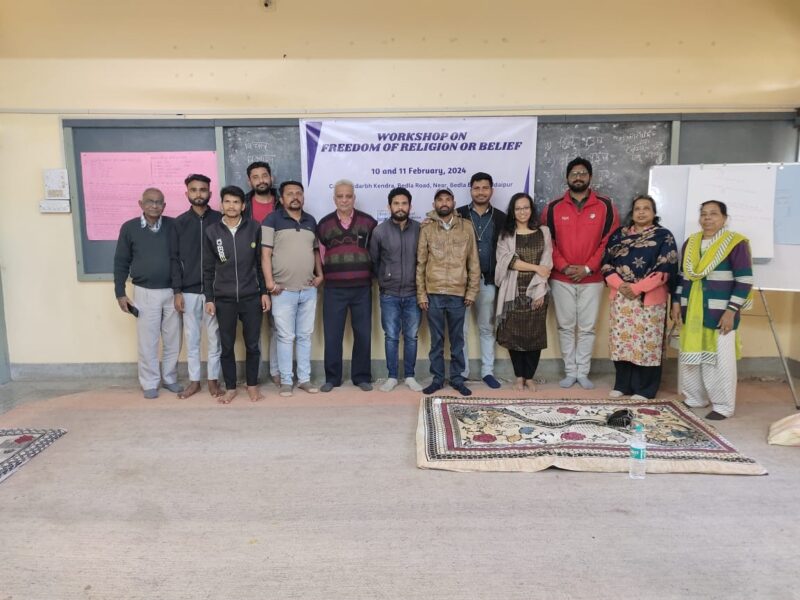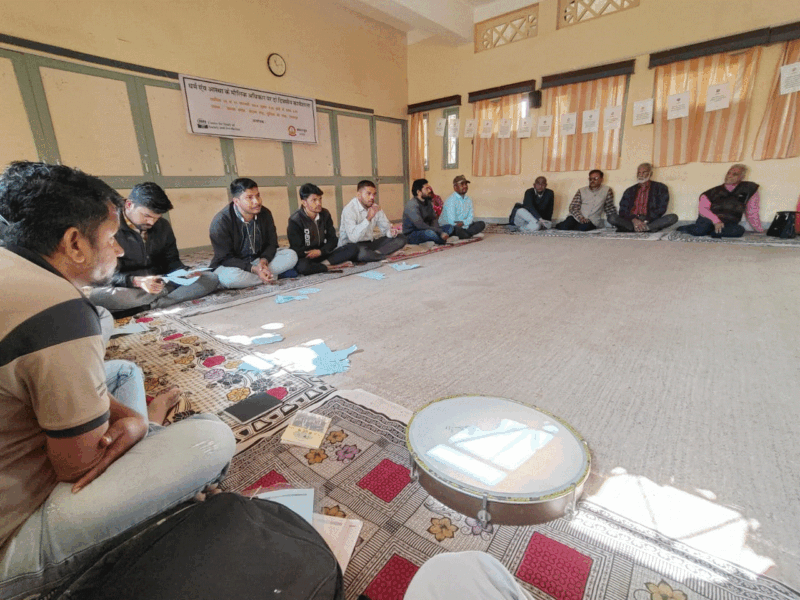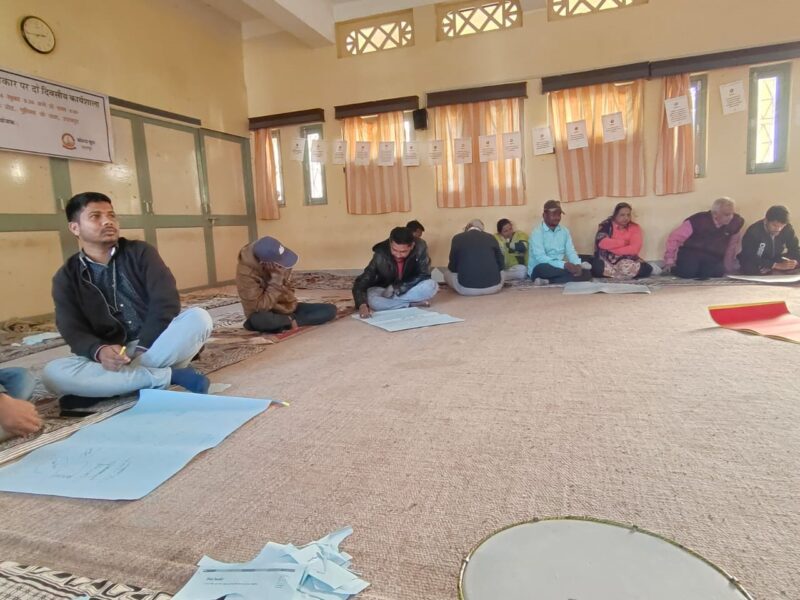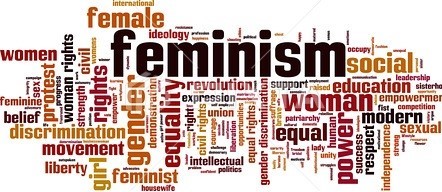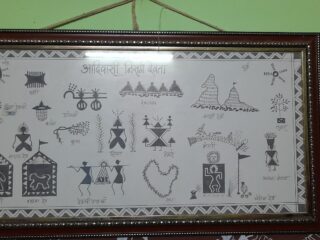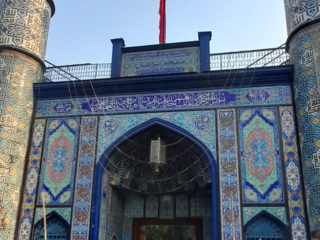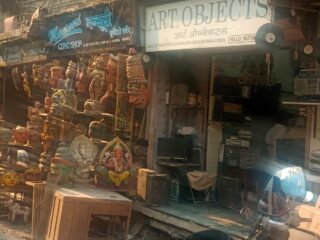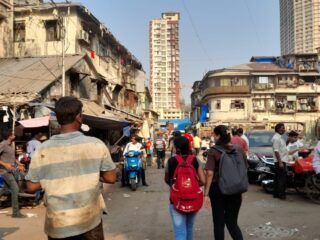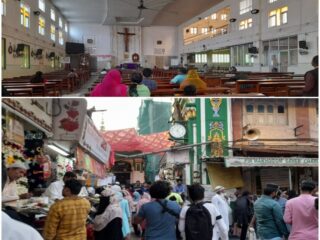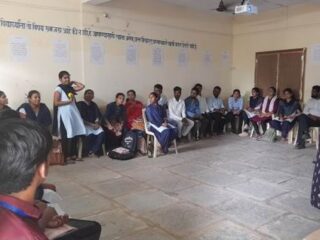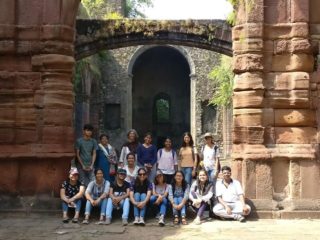10th and 11th February, 2024
CASA, Udaipur
26/03/2024
“This workshop helped me reflect on my own biases and knowledge about other communities I come in contact with”, said Pawan one of the participants during the workshop on freedom of religion and belief (forb). The “Local Changemakers Course” on Freedom of Religion and Belief (FORB), held on February 10th and 11th, 2024, at CASA in Udaipur, was a transformative experience for 20 participants hailing from diverse backgrounds. Organized jointly by the Centre for Study of Society and Secularism (CSSS) and Bohra Youth Sansthan, this workshop aimed to foster reflection on personal biases and enhance understanding of FORB in contemporary society. The workshop was facilitated by Neha Dabhade, Executive Director, CSSS and Hozefa Ujjaini, Director, Buniyad, Ahmedabad.
Participants, comprising individuals from both rural and urban areas of Udaipur, represented a wide array of communities including Hindu, Adivasi, Dalits, Christian, and Bohra Muslims. Among them were volunteers and staff of Alpha Society, dedicated to issues of youth, communal harmony, and diversity, as well as members associated with Bohra Youth Sansthan, focusing on reforms and democratization processes within the Dawoodi Bohra community.
Throughout the workshop, participants engaged in discussions that prompted reflection on the meaning of freedom of religion and its various violations. Importantly, they realized that FORB violations occur across all religious communities, often perpetuated by internal elites and the state itself.
The workshop, structured as a nine-session module titled “Local Changemakers Course,” provided an innovative approach to understanding FORB through group exercises, discussions, role-plays, and interactive course material. The module is developed by experts and facilitated by NORFORB. Participants explored how FORB is relevant in everyday life and identified instances of violations in various settings such as schools, colleges, hospitals, homes, workplaces, and government offices.
Particularly poignant were the narratives shared by participants from Adivasi and Dalit backgrounds, who recounted experiences of stigma, stereotypes, untouchability, and discrimination in public spaces. These stories underscored the intersectionality of identity and the need for solidarity in addressing systemic injustices. Their violations are struggled usually go unnoticed. Likewise, participants from Adivasi and Dalit backgrounds were notably surprised and inspired by the determined efforts of activists striving to bring about reforms within the Bohra community. The reform movement within this Muslim community remains relatively lesser known in contemporary discourse.
Overall, the workshop provided participants with a newfound perspective on the universality of FORB violations and the importance of collective action in combating them. By recognizing common struggles across diverse backgrounds, participants left the workshop feeling inspired and empowered to advocate for FORB within their respective communities, fostering a more inclusive and equitable society.
In conclusion, the Local Changemakers Course on FORB served as a platform for dialogue, introspection, and collective empowerment, leaving a lasting impact on all those involved.

